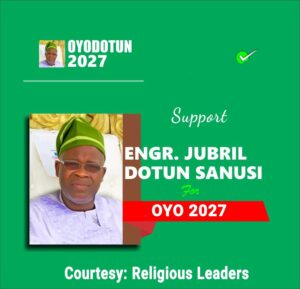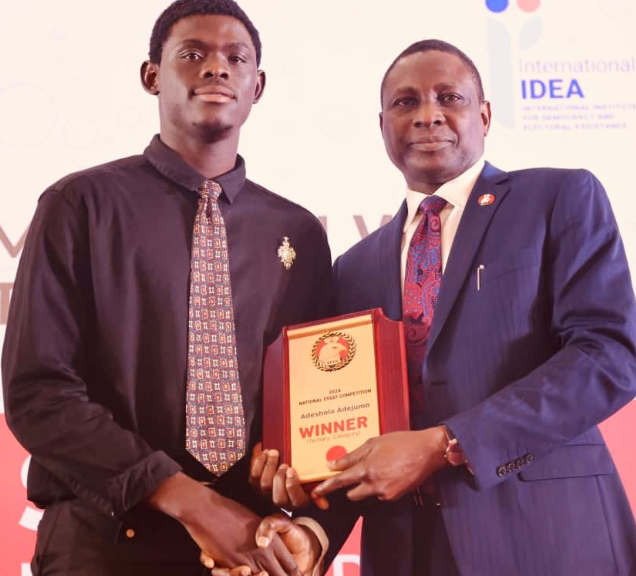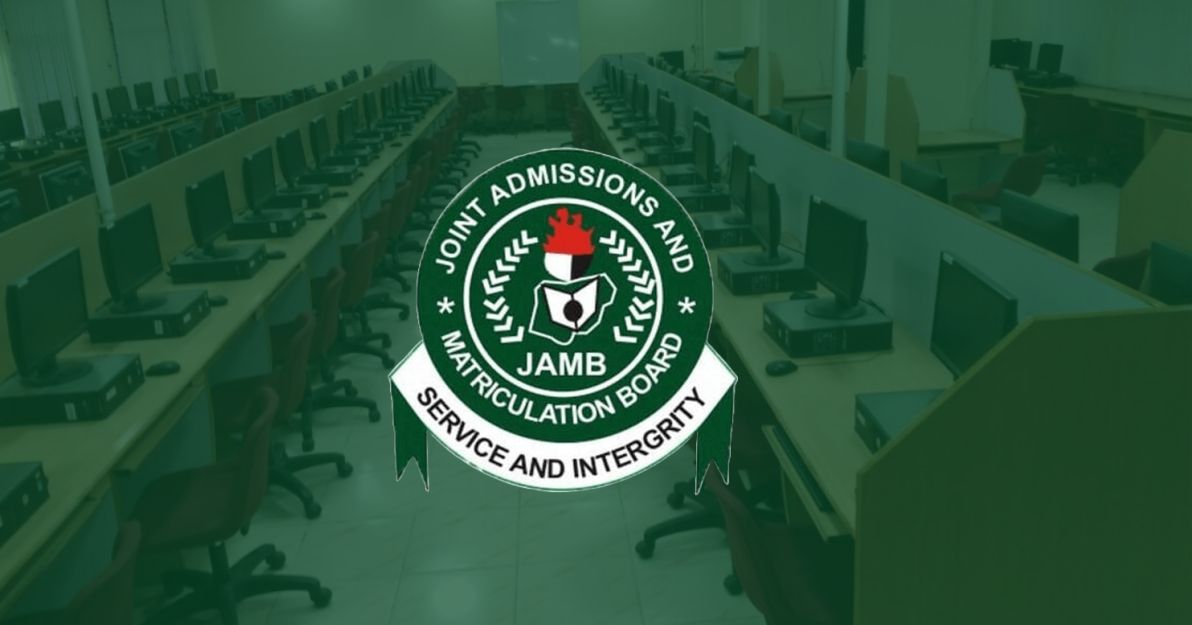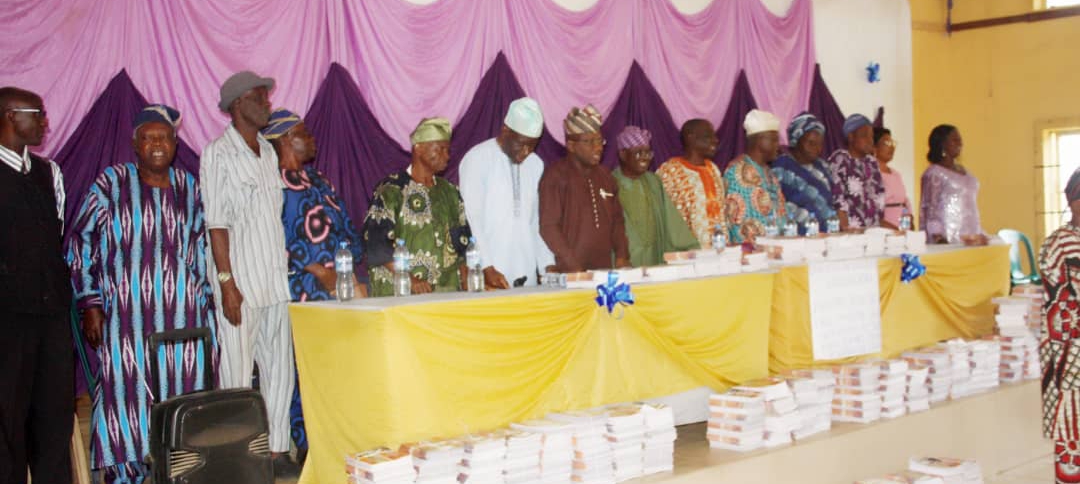How Oyo SUBEB, TESCOM exposed rot and decay in Nigeria’s education sector by Gbolahan ALAO
The writer, Alao is a Lecturer, Curriculum Expert, Public and Opinion Analyst, can be reached via +2348062282905. The view expressed here are entirely his.
Advertisement

Last month, the Oyo state SUBEB and Oyo TESCOM conducted aptitude tests for exactly 45,839 applicants and 55,000 seeking appointments into the available vacancies in both lower basic schools hitherto known as primary schools and secondary schools in the state respectively.
The most interesting aspect of SUBEB aptitude test is that for the first time in the history of appointments into the basic schools in Oyo state, applications were welcomed not only from those who read Primary Education Studies (PES), Early Childhood Education (ECCE) and other courses at the NCE level but from all graduates of accredited Nigerian universities, polytechnics and even monotechnics in all the courses that are relevant to teaching. The rationale behind this is to ensure that specialists in core sciences and technology courses are employed together with those with NCE qualifications in arts and social sciences with a view to enhancing adequate and effective content delivery by these specialists during classroom teaching and learning. It’s believed that when better hands are strategically positioned to teach in the lower basic school classrooms which is the foundation level of education, pupils will be offered the opportunity to learn what they need to learn at the early stage without being made to suffer ‘instructional catastrophe’ from the hands of only NCE graduates whose area of specializations are limited to the courses taken by each of them which may not necessarily be science and or technology.
Advertisement
To ensure that justice is done to the participants, all core subjects were appropriately reflected, the Oyo State House of Assembly leadership, through its Majority Leader, sought audience with the SUBEB leadership and its TESCOM counterpart in the state on the modalities to be adopted for the aptitude test. This was to ensure that questions for the test reflected and covered all the areas of English Language, Social Studies, Basic Science, Mathematics and the major language spoken in the state, Yoruba Language. According to Dr Nurudeen Adeniran, the SUBEB chairman in the state, the following are the composition and breakdown of the marks for the questions for the test:
English Language 27 marks
Mathematics 27 marks
Basic Science 18 marks
Social Studies 9 marks
Current Affairs 9 marks, and
Yoruba Language 10 marks.
Total Marks=100 marks
For the aptitude test for the TESCOM recruitment, all NCE, polytechnics, monotechnics and university graduates who were found to be qualified were, like SUBEB, allowed to participate in the test. The only condition set out there, like that of SUBEB, was that only candidates that were less than 50 years of age were eligible to apply.
Advertisement
To enhance broader participation and ensure the best candidates emerged, conditions like possession of Teacher’s Registration Council Certificate (TRCN) and Postgraduate Diploma in Education (PGDE) were waived. In other words, those without the aforementioned qualifications were allowed to participate in the test.
In fulfillment of the promises made by the SUBEB board and TESCOM that the results would be released forty eight (48) hours after the tests, the results were released and every participant was in a state of alacrity to check his/her results upon the announcements made. Alas! The unexpected happened in the two tests as out of 45,839 applicants that partook in the SUBEB test, only 8,213 scored 50 marks and above, representing 17.9%.
According to the advertisement earlier made by the leadership of the Board, 7,000 basic school teachers would be needed to fill the existing vacancies or lacuna in the lower basic school classrooms across the thirty three (33) local government areas in the state.
With regards to the TESCOM, seven thousand (7,000) teachers would be needed to fill the available vacancies in the public secondary schools while three thousand five hundred (3,500) would be recruited as non-teaching staff.
According to the TESCOM chairman, Pastor Akinade Alamu, the following are the composition and breakdown of questions for the test:
Area of specialization of each candidate 60%
English Language, Mathematics and Current Affairs 40%.
Total= 100 marks.
Advertisement
It’s on record that all these were made known to the applicants preparatory to the aptitude test. Despite the adequate information, candidates’ performances in the test were even worse than that of the SUBEB test which came earlier ahead of TESCOM test. According to the results released, out of a total of 52,000 that sat for the CBT test, only 9,000 candidates scored 50% and above, and made it into the next stage of the oral interview for the advertised 7,000 available positions but the outcome of the job placement test is so worrisome, as earlier stated.
The most interesting aspect of the two tests is the fact that all higher institutions in Nigeria ranging from universities to polytechnics, monotechnics and to colleges of education had their products as candidates that put in for the tests. Is this not an indictment on our higher institutions of learning in Nigeria? But the most disturbing aspect of these poor performances in the qualifying tests is the fact that over 60% of those that participated are teachers in our private schools both within and outside Oyo state.
I want to use this medium to commend the two agencies of Oyo state government for ensuring that the aptitude tests are true reflections of candidates’ ability as undue interference and influence were not allowed during and after the conduct of the tests.
Equally, I want to advise that the two agencies to review their pass marks downwardly to 40%. From the performances of the candidates, it could be observed that those who scored between 40-49% could equally compete favourably with their counterparts who scored 50% and above. They should be allowed to take part in the next stage which is oral interview stage in order to ensure that the best teachers emerge from the keenly competitive process.
Having said this, I have the following suggestions to make to the governments at both state and federal, our lawmakers both at the state and national level and the management teams of our higher institutions of learning in Nigeria:
One, there should be a legislation which will mandate the use of aptitude test for recruitment into teaching/academic positions in our higher institutions of learning in Nigeria. This will ensure that the best materials for the job emerge. Politicization, favouritism and nepotism should no longer be allowed to take precedence over competence in the process of recruitment of academic staff if our education is to be in line with global best practices. Education sector plays a vital role in the development of a nation and it’s therefore important to accord it the respect it deserves.
Two, anyone who is to be recruited into teaching in our higher institutions of learning must be made to undergo courses in education (PGDE) if he doesn’t have teaching qualifications combined with his area of specialization. There’s a sharp difference between content skill and pedagogical skill. If any of the two is lacking in a candidate jostling for teaching position, he’s unfit for the job.
Three, our policy makers, government officials, curriculum experts, subject specialists etc should use what happened in Oyo state to do a thorough research into our education system with a view to ascertaining what actually went wrong! Is it our curricula at all levels of schooling that are flawed? Is it the mode of recruitment of teaching staff into our higher institutions of learning that is compromised? Is it staff-student ratio in our higher institutions of learning that is low? Are the poor performances attributable to lackadaisical attitude of our learners towards their education? What is the role of corrupt practices in the deteriorating condition of our education system?
Four, our curricula at all levels of schooling in Nigeria need a complete unbundling and review. Too much emphasis is placed on cognitive ability of learners to the detriment of their psychomotor and affective abilities. Skill acquisition (psychomotor) should be given utmost priority. Nigeria should learn this from China, Brazil and other advanced countries of the world.
Lastly, since all other sectors of our economy depend largely on education, both government at the centre and state governments in Nigeria should adhere strictly to the UNESCO budgetary recommendation of 25% budgetary allocations to the education sector.
If all these are strictly adhered to, there’s no doubt the fact that our educational system will favourably compete with those of advanced and developed countries of the world and poverty that is currently pervading our land will be a thing of the past!






